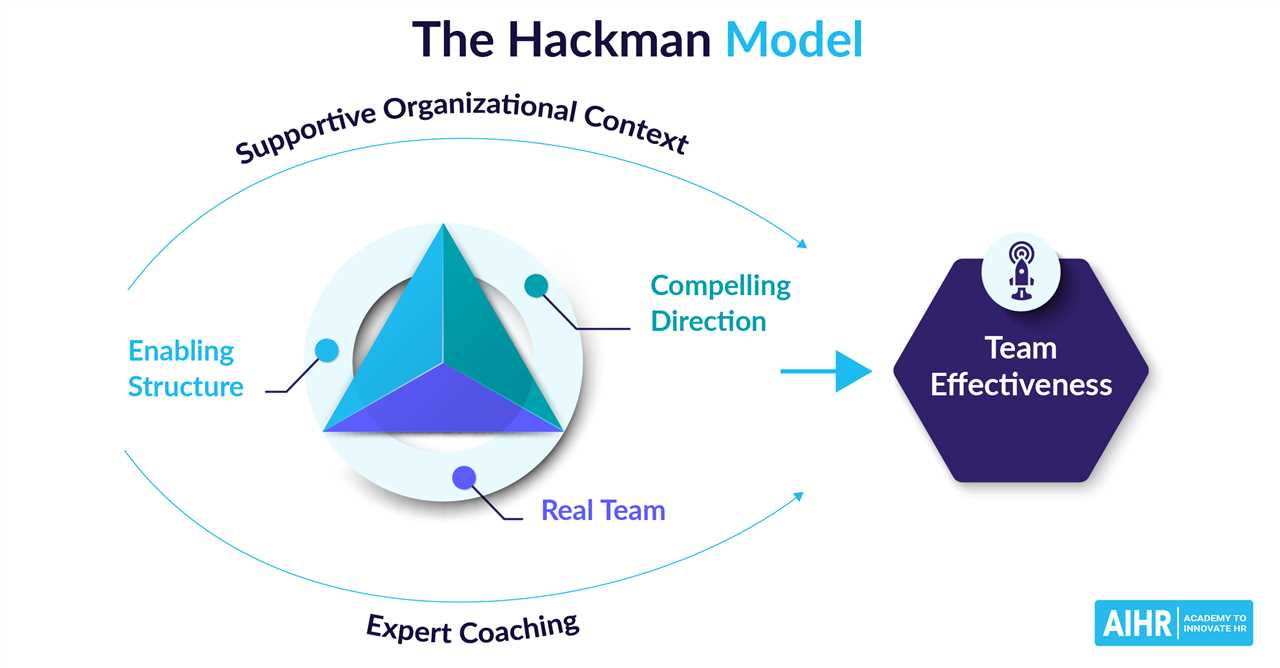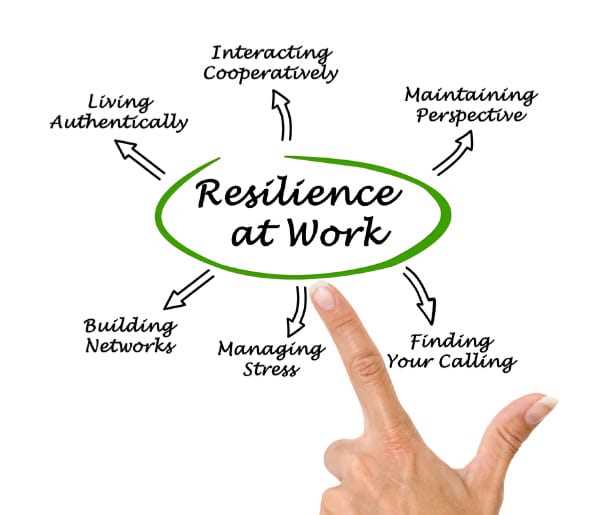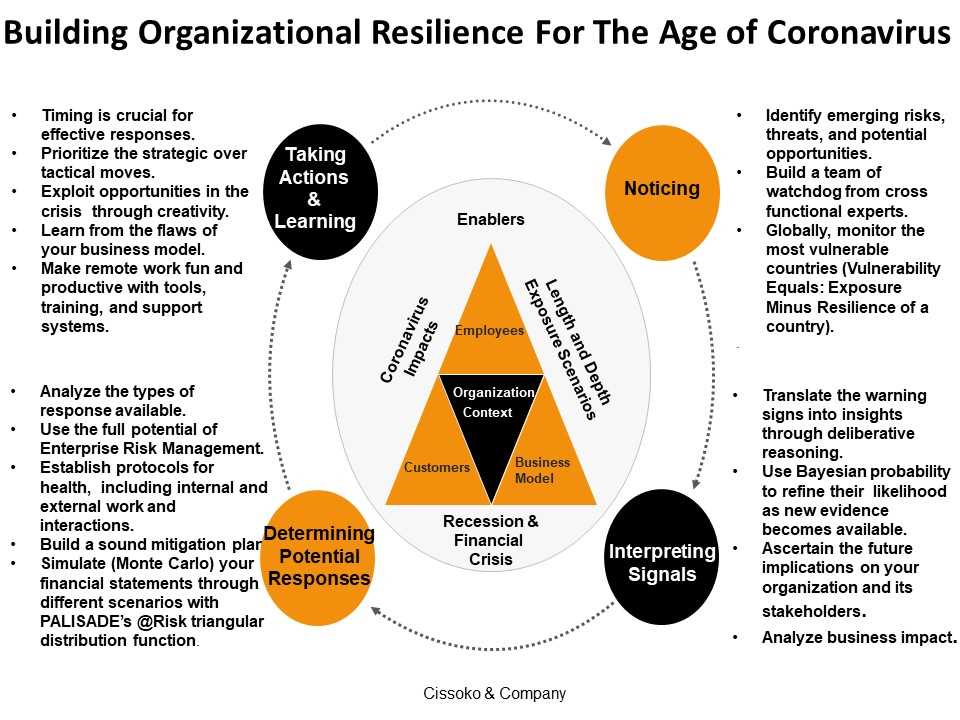
Flexibility, problem-solving, and leadership are essential qualities for any successful manager. However, in today’s fast-paced and unpredictable business world, these skills alone are not enough. A Resilience Manager goes beyond traditional management practices by incorporating emotional intelligence, adaptability, and stress-management into their leadership style.
Resilience is the ability to bounce back from challenges and setbacks. A Resilience Manager understands that change is inevitable and embraces it as an opportunity for growth. They create an environment where team members feel supported and empowered to take risks, learn from failures, and develop innovative solutions.
Emotional intelligence is another crucial aspect of being a Resilience Manager. They have a deep understanding of their own emotions and can effectively manage them in high-pressure situations. Additionally, they are skilled at recognizing and empathizing with the emotions of their team members, fostering a positive and collaborative work environment.
Adaptability is a key trait of a Resilience Manager. They are able to quickly adjust their plans and strategies in response to changing circumstances. This flexibility allows them to navigate through uncertainty and make informed decisions that benefit the team and the organization as a whole.
Why Resilience is Important

Resilience is a crucial trait for both individuals and organizations, particularly in today’s fast-paced and ever-changing world. It is the ability to bounce back from adversity, adapt to new situations, and thrive in the face of challenges.
Leadership is often tested during times of crisis, and resilience plays a key role in effective leadership. Resilient leaders are able to remain calm and composed, making sound decisions and guiding their teams through difficult times. They are adaptable and resourceful, finding innovative solutions to problems and inspiring their teams to do the same.
Resilience is also important for individuals at all levels within an organization. It helps employees manage stress and maintain a positive mindset, enabling them to stay focused and productive even when faced with obstacles. Resilient individuals are better equipped to handle change and uncertainty, and they are more likely to persevere in the face of setbacks.
Furthermore, resilience is closely linked to problem-solving skills and emotional intelligence. Resilient individuals are able to think critically and creatively, finding solutions to complex problems. They are also able to understand and manage their own emotions, as well as empathize with others, fostering strong relationships and effective teamwork.
In summary, resilience is a vital quality for both leaders and individuals within organizations. It enables them to navigate challenges, adapt to change, and maintain a positive and productive mindset. By building resilience, teams and organizations can become stronger and more successful in the face of adversity.
Enhancing Team Performance
Effective team performance is crucial for the success of any organization. A resilient manager plays a key role in enhancing the performance of their team by fostering a positive and supportive environment. The manager should encourage problem-solving skills and provide the necessary resources for the team to excel.
Stress-management is another important aspect of enhancing team performance. A resilient manager should be able to recognize signs of stress in their team members and provide support to help them cope. This can include implementing stress-reducing strategies, such as regular breaks or team-building activities.
Adaptability is a valuable skill that can greatly contribute to team performance. A resilient manager should encourage their team members to be adaptable and open to change. This can help the team navigate through challenges and find innovative solutions to problems.
Resilience and resourcefulness are also key factors in enhancing team performance. A resilient manager should lead by example and demonstrate these qualities to inspire their team members. This can help the team overcome obstacles and achieve their goals.
Leadership plays a vital role in enhancing team performance. A resilient manager should provide clear direction and set achievable goals for their team. They should also be able to motivate and empower their team members to perform at their best.
Emotional intelligence is an important skill for a resilient manager to possess. They should be able to understand and manage their own emotions, as well as the emotions of their team members. This can help create a positive and harmonious work environment, leading to improved team performance.
In conclusion, enhancing team performance requires a resilient manager who possesses skills such as problem-solving, stress-management, adaptability, resilience, resourcefulness, leadership, and emotional intelligence. By fostering a supportive environment and providing the necessary support, a resilient manager can help their team thrive and achieve success.
Managing Stress and Adversity

As a resilience manager, one of your key responsibilities is to help your team and organization navigate through stressful situations and overcome adversity. This requires a combination of adaptability, leadership, emotional intelligence, flexibility, resourcefulness, problem-solving, and resilience.
Stress and adversity are inevitable in any work environment, but it’s how you manage them that determines the success of your team. By fostering a culture of resilience, you can help your team develop the skills and mindset necessary to thrive in challenging situations.
One of the first steps in managing stress and adversity is to recognize and acknowledge the emotions and challenges that your team members may be experiencing. Encourage open communication and create a safe space for individuals to express their concerns and frustrations.
Emotional intelligence plays a crucial role in managing stress and adversity. By understanding and empathizing with your team members’ emotions, you can provide the support and guidance they need to navigate through difficult times. This involves active listening, validating their feelings, and offering constructive feedback.
Flexibility is another important aspect of managing stress and adversity. Encourage your team to be adaptable and open to change. Help them develop the skills to quickly adjust their plans and strategies in response to unexpected challenges or setbacks. This will enable them to stay focused and find alternative solutions when faced with adversity.
Resourcefulness and problem-solving skills are also essential in managing stress and adversity. Encourage your team to think creatively and find innovative solutions to overcome obstacles. Foster a culture of learning and growth, where mistakes are seen as opportunities for improvement, and encourage your team to seek out new knowledge and skills.
Finally, resilience is the key to managing stress and adversity. Teach your team how to bounce back from setbacks and failures and develop a positive mindset. Encourage them to focus on their strengths and build on their successes. Provide them with the support and resources they need to develop their resilience and overcome challenges.
By effectively managing stress and adversity, you can build a stronger and more resilient team and organization. Your role as a resilience manager is to provide the guidance, support, and resources necessary for your team to thrive in the face of challenges. With the right mindset and skills, your team can overcome any obstacle and achieve success.
Promoting Innovation and Adaptability

As a resilience manager, it is essential to promote innovation and adaptability within your team and organization. Effective leadership in times of uncertainty and change requires resilience, emotional intelligence, problem-solving skills, and resourcefulness.
Leaders who foster a culture of innovation create an environment where team members feel empowered to think creatively and outside the box. Encouraging employees to share ideas and experiment with new approaches can lead to breakthroughs and innovative solutions to challenges.
Adaptability is another crucial trait in today’s fast-paced and ever-changing business landscape. A resilient manager understands the importance of being flexible and open to change. They embrace new technologies, processes, and market trends, and encourage their team members to do the same.
Stress-management is also critical when promoting innovation and adaptability. A manager who can effectively handle stress and help their team members navigate through challenging situations can create a more resilient and adaptable team. By providing support and resources, such as training or coaching, managers can help employees develop the skills they need to thrive in uncertain times.
Overall, promoting innovation and adaptability requires a manager to lead by example. They must demonstrate their own willingness to embrace change, take risks, and learn from failures. By fostering a culture of innovation and adaptability, a resilience manager can build stronger teams and organizations that can thrive in today’s ever-evolving business environment.
How Resilience Managers Can Help
A resilience manager plays a crucial role in building stronger teams and organizations. They are responsible for fostering adaptability, problem-solving, stress-management, resourcefulness, flexibility, emotional intelligence, and leadership skills within their team.
Resilience managers help their team members navigate through challenging situations by providing guidance and support. They assist in developing strategies to overcome obstacles and find creative solutions to problems. By fostering a culture of resilience, they empower their team members to bounce back from setbacks and thrive in the face of adversity.
One of the key ways that resilience managers can help is by promoting adaptability. They encourage their team members to embrace change and see it as an opportunity for growth. By fostering a mindset of flexibility, resilience managers ensure that their team is prepared to handle unexpected challenges and adapt to new circumstances.
Resilience managers also play a crucial role in stress-management. They provide their team members with the tools and resources they need to cope with stress effectively. This may include implementing stress reduction techniques, promoting work-life balance, and creating a supportive work environment.
Furthermore, resilience managers foster resourcefulness within their team. They encourage their team members to think outside the box and find innovative solutions to problems. By promoting resourcefulness, resilience managers ensure that their team is equipped to handle any situation that may arise.
Emotional intelligence is another key area where resilience managers provide support. They help their team members develop self-awareness and empathy, which are essential for effective communication and collaboration. By fostering emotional intelligence, resilience managers create a positive and inclusive work environment.
Lastly, resilience managers demonstrate strong leadership skills. They lead by example and inspire their team members to overcome challenges and reach their full potential. Through effective communication and decision-making, resilience managers guide their team towards success.
| Manager Skills: | Adaptability | Problem-solving | Stress-management | Resourcefulness | Flexibility | Emotional intelligence | Leadership |

I am Patrina de Silva, a psychologist and mental health blogger in Sri Lanka. After obtaining psychology degrees from the University of Colombo and Monash University, I returned home to work as a counselor while also starting the popular blog “Pressy but Happy” to provide advice on psychological issues. Over the past decade, my empathetic articles have made my blog a leading mental health resource in the country. In addition to writing, I maintain a private therapy practice, frequently volunteer counseling time, and conduct seminars, driven by my passion for destigmatizing mental illness and educating the public on the mind-body connection. I strive to be an influential voice in my field through my compassionate approach.
